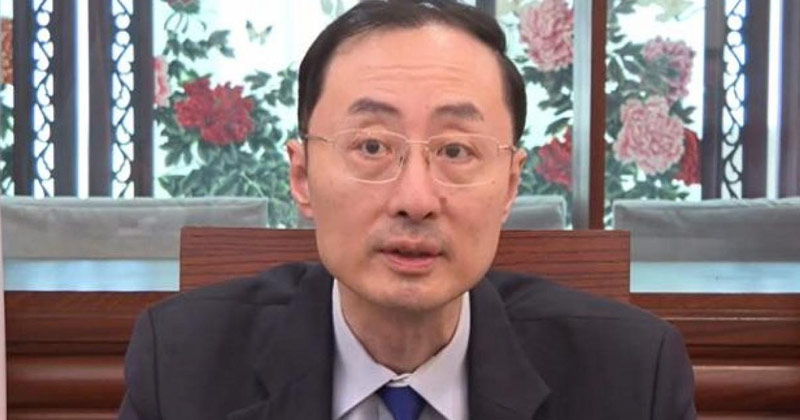In the current context of the ties between China and India, the kind of adjectives one may want to avoid are peace and amity, progress and partnership. Ever an aggressor, the ties China currently enjoys, rather anything but enjoys with India are one marked with utter suspicion and a sense of clamour surrounds the equation between the two neighboring countries.
What transpired up north in India’s Ladakh valley was rather sad and absurd. The kind of events that led to the loss of lives on both sides of the border were rather unfortunate. But surely, none of the current skirmish would’ve happened had China not interfered in India’s business and entered its neighbour’s territory.
In fact, the relations are so tense at the moment that the government led by PM Modi is contemplating taking stringent measures where the economic ties between the two countries are concerned. A kind of jolt that can make China think about the needless harm it caused to a neighbor that always minds its own business, seldom poking its nose into the affairs of other countries. Moreover, the recent banning of all Chinese apps that previously operated in India has also sent a cautionary warning to the famed land of the ‘dragon.’
But all of that said, against that narrative, the recent media statements offered by Chinese Ambassador to India are, in fact, shocking. One doesn’t know how or why exactly the Chinese Ambassador to India ended up saying what he did.

Having said that, if you were told, in relation to two countries that were in midst of a fiasco, that the two are ‘partners’ not enemies, then what would you think. It would be the kind of statement that would beckon an exclamation mark, instead of a full-stop, right?
So it’s an unfortunate bit of surprise that the Chinese Ambassador to India suggested that the two countries are ‘partners,’ and not rivals. This statement comes particularly at a point in time where on the contrary, truth is that the two countries are pretty much in a cold war situation of the kinds that may not have the caustic agony of a US and Russia in the Seventies but has come to a stage where it’s daggers drawn.
A statement by the Chinese Ambassador to India stated the full account of the Ambassador’s piece of mind, “We need to seek convergence while putting aside differences and not impose one’s will on the other. We should honour our commitment, walk the talk, and ensure implementation of the leaders’ consensus in letter and in spirit.”
That’s not all. “The two sides should conduct timely strategic communication, enhance mutual understanding and cooperation, manage differences through dialogue, and firmly grasp the direction of bilateral relations,” he would add.
However, that told, earlier this month, on July 5, the two countries had Special Representatives on border issues- Chinese Foreign Minister Yang Wi and Ajit Doval- who interacted with one another in a bid to strengthen communication in divergent spheres in order to formalize talks post the border skirmish that’s made much of bad press in the recent days.
This piece of interaction on both sides is essential in the following ways:
Hold meetings of the Working Mechanism for Consultation and Coordination (WMCC) on border affairs without interruption
Consistently improve and strengthen confidence-building measures
Prevent more incidents that undermine peace and tranquillity in the border areas.
Yet, despite such cautionary measures, all’s not well between India and China still.


